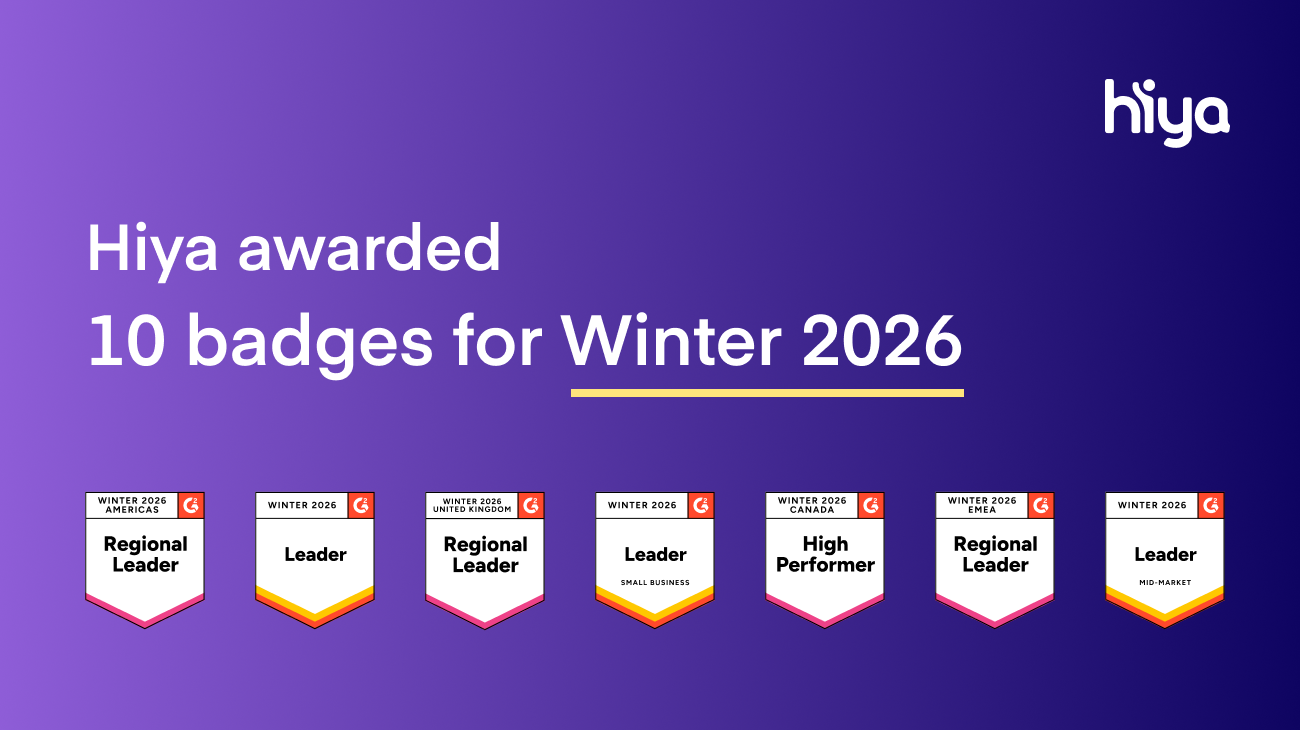
You’ve got your diploma, you’ve tossed your cap, and now it is time to greet the open world, but a successful higher education comes with a lot of student loan debt. The pandemic put a pause on these payments, but this freeze is about to come to an end. Unfortunately, scammers are all too aware of this vulnerability.
“Hi, this is Josh Mather from student loan support. I wanted to inform you that the government has extended your temporary hardship for an additional 90 days. Your loans will resume automatically. Our records indicate you are eligible for student loan forgiveness programs but never completed the required documents. If you want to proceed with your application we need to speak with you today at 866-555-5555…”
This month we are taking a look at one of the most confusing and predatory scams out there: the Student Loan Debt scam. This popular method of privacy invasion preys upon recent college graduates. These bad actors will call, text, and email students to stir up as much confusion as possible concerning the repayments; this uncertainty increases the risk of accidentally sharing personal information.
How big did it get?
Hiya’s honeypot was able to capture and identify millions of potential student loan scam calls; one of the most surprising revelations about this scam is its apparent consistency. Although there was a spike in July that reached nearly 5 million potential calls, the amount of average events has remained around 4 million potential calls. COVID and the resulting loan payment freezes have turned this once seasonal scam into a monthly nuisance.
Since May, over 1% of captured suspicious calls were identified as possible student loan scams. These captured calls saw a steady increase in popularity shortly after graduation season. . July saw the biggest uptick in these scams.
How effective are these calls?
Scam effectiveness and quality can be determined by the number of people that pick up and the length of the conversation. The longer these fraudsters can keep you on the phone the more information they can siphon away from you. The average call duration of an attempted (US-based) student loan scam averages just over 30 seconds- when these calls are successful the duration triples. June and July saw a significant increase in these talk times, reaching almost two minutes. When looking at all calls as a reference, successful calls can reach over six minutes. This gives scammers plenty of time to ascertain a ton of valuable information.
What to look out for
According to a consumer alert released by the Federal Trade Commission (FTC), there are a variety of strategies that bad actors use to try and steal your information:
- Asking for money- The Department of Education will not ask you to pay for any assistance that they may provide. If you answer the phone and find yourself speaking to an agent that needs primary financial restitution, it is most likely a Student Loan scam.
- Quick fixes - Everything takes time; when it comes to your student loans, you are expected to pay off this debt over many years (depending on your financial situation). Bad actors use this frustratingly long process to take advantage of unaware graduates. They may offer a series of quick loan forgiveness “programs” or even say that they can dispute your loans entirely. These are all clever ruses used to get you to provide them with financial information.
- Fraudulent logos - Without an effective branded call solution, like Hiya’s Branded Call, scammers can easily create and circulate fake company information. This includes logos, seals, brand names, and even the names of government agencies. If you have any questions concerning a call that you have received, be sure to contact the Department of Education through StudentAid.gov.
How to fight back against scam calls
While these scam techniques can prove to be highly effective, Hiya offers a variety of solutions to fight back.
Carriers can protect their customers from phone scams by adding Hiya Protect, which blocks or labels spam and scam calls with high accuracy, without blocking essential calls. It is used by phone carriers, mobile phone manufacturers, and network providers who are looking to create a differentiated voice offering and increase customer satisfaction. Not only does it block or label known spam numbers, but using Adaptive AI it identifies the patterns of spammers and blocks spam campaigns in their earliest stages.
Enterprises can help their customers feel safe answering the phone by adding Hiya Connect, which enables businesses to display their company name, logo, and reason for the call on the recipient’s mobile phone. Branded caller ID identifies who is calling so customers will not be afraid to answer their phones.
Individuals can check with their phone carrier to see if it offers spam/scam blocking capabilities. If not, ask your carrier to consider adding Hiya Protect.

.jpg)

